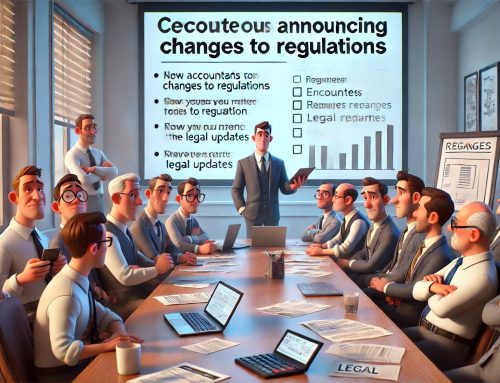September 7, 2023
S&P Global / CIPS UK Services PMI®
UK service providers experienced a renewed downturn in business activity during August. Survey respondents mostly cited weaker business and consumer spending, combined with the impact of higher borrowing costs on client demand. A lack of new work to replace completed projects resulted in the fastest decline in backlogs for just over three years. Higher wages continued to push up business expenses, but the overall rate of input price inflation was the joint-lowest since May 2021. Softer cost pressures and greater competition for new work contributed to the weakest rise in prices charged by service providers for two years in August. The headline seasonally adjusted S&P Global / CIPS UK Services PMI® Business Activity Index registered 49.5 in August, down from 51.5 in July and the lowest since January. Any figure below 50.0 indicates an overall reduction in service sector output. The latest index reading signalled a marginal decline in business activity, which contrasted with a solid pace of expansion throughout the second quarter of 2023. Lower output reflected a return to falling sales volumes in August, as signalled by a marginal decline in new work for the first time since January. Service providers typically noted caution among clients and fewer new business opportunities, linked to rising interest rates, squeezed disposable incomes and worries about the economic outlook.
New export orders increased in August, but the rate of growth was only marginal and the weakest since December 2022. Brexit-related trade difficulties were again cited by survey respondents as a constraint on sales to EU clients, alongside weak global demand. Subdued business conditions put a brake on staff hiring across the service economy, with the latest rise in employment the
slowest since March. Job creation was attributed to long-term business expansion plans, although some firms noted that cost pressures had led to the non-replacement of departing staff.
A combination of rising employment and falling volumes of incoming new orders in August led to a sharp reduction in backlogs of work. Lower levels of unfinished business have now been recorded for three months in a row, and the latest fall was the steepest since June 2020. Some service providers commented on excess capacity in the wake of decreasing customer demand.
Meanwhile, the latest survey data indicated another round of historically strong cost inflation across the service sector. This reflected rising salary payments, as well as higher fuel prices and elevated energy bills, according to survey respondents. Some firms noted falling raw material costs, driven by improving availability among suppliers. Measured overall, the rate of input cost inflation was the joint-lowest for 27 months (equalling that seen in June).
Softer cost pressures and a weaker pipeline of new business encouraged more competitive pricing strategies in August. The overall rate of prices charged inflation across the service economy eased for the fourth month in a row and was the lowest since August 2021. Looking ahead, service sector companies remained optimistic about their growth prospects. Around 48% of the survey
panel predict an upturn in output during the next 12 months, while only 12% expect a decline. The degree of confidence nonetheless eased fractionally since July and was the lowest for seven months. Anecdotal evidence suggested that concerns about the negative impact of rising interest rates on customer demand had acted as a constraint on business activity expectations.
Source: S&P GLOBAL
Legal Notice: The information in this article is intended for information purposes only. It is not intended for professional information purposes specific to a person or an institution. Every institution has different requirements because of its own circumstances even though they bear a resemblance to each other. Consequently, it is your interest to consult on an expert before taking a decision based on information stated in this article and putting into practice. Neither Karen Audit nor related person or institutions are not responsible for any damages or losses that might occur in consequence of the use of the information in this article by private or formal, real or legal person and institutions.






